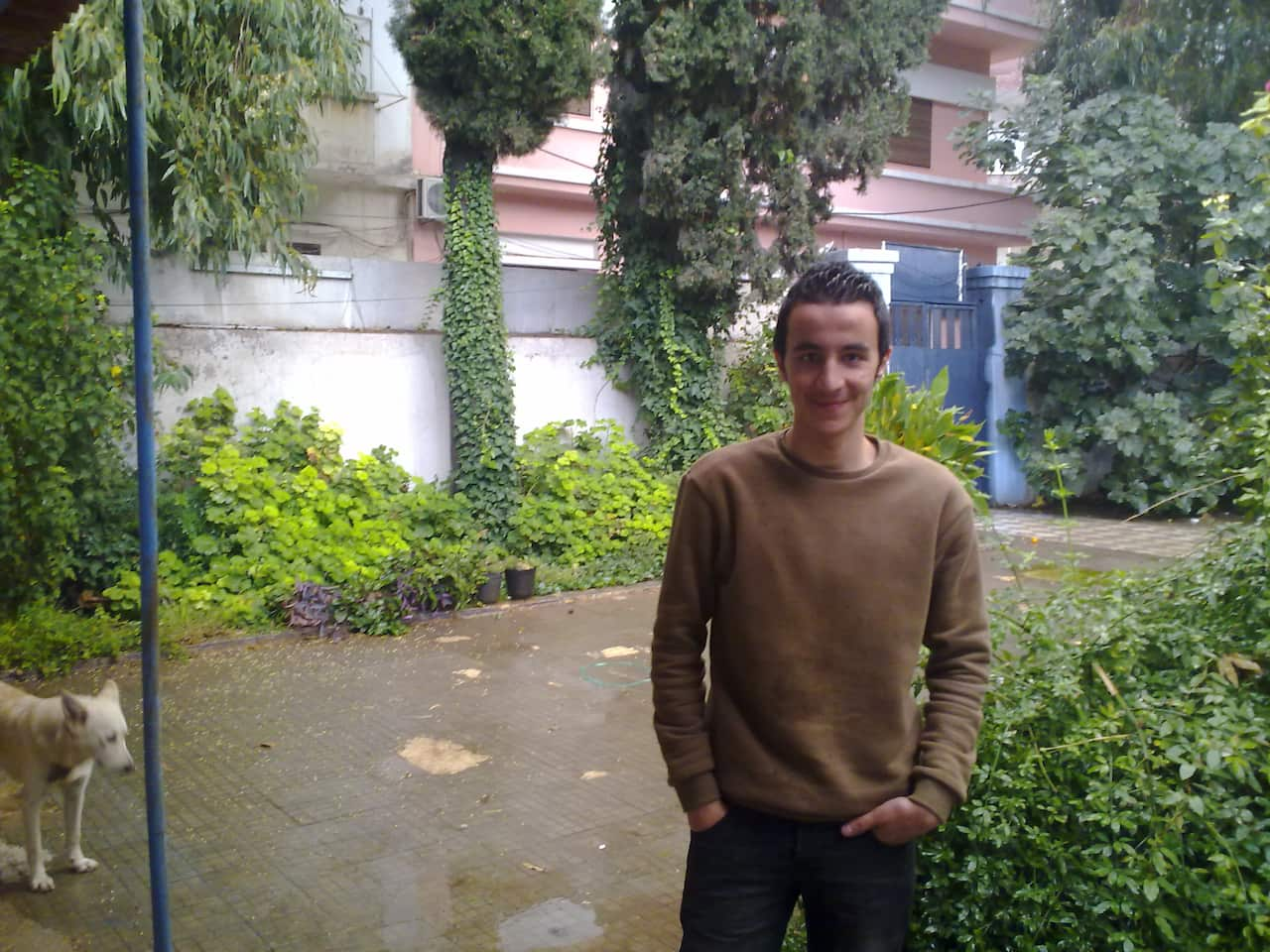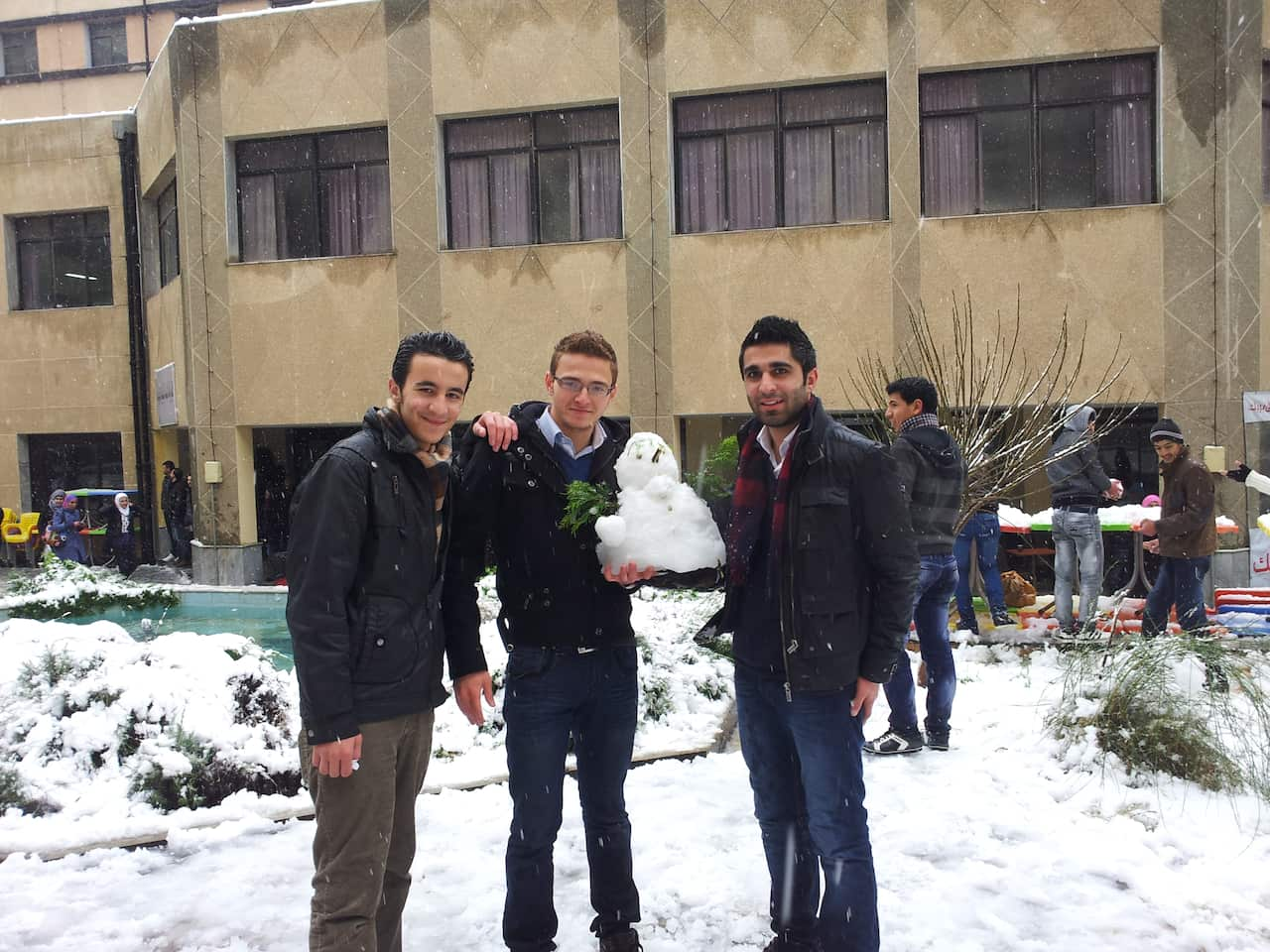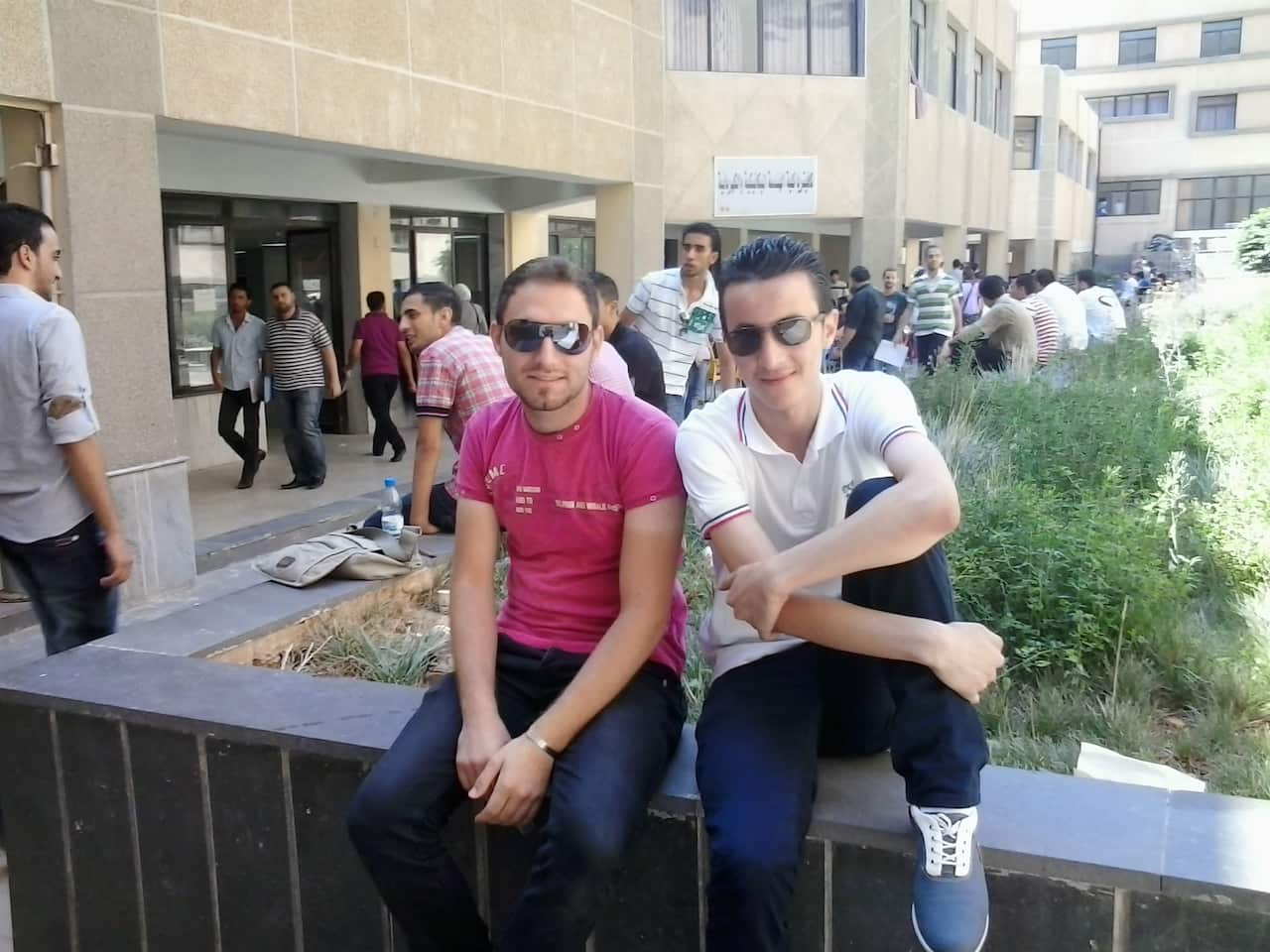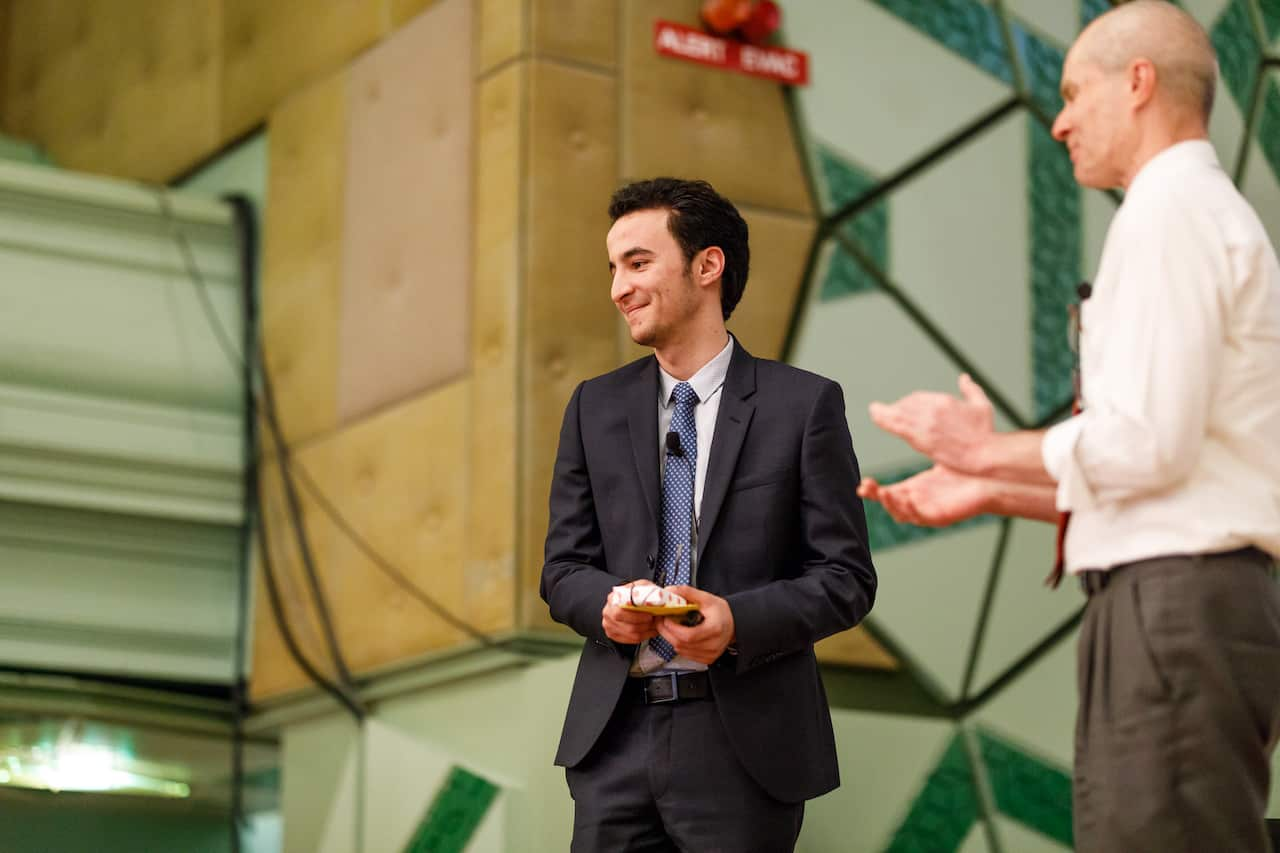When the Syrian conflict began in March 2011, the world thought it would be over within just months.
The Syrian people had had enough of Bashar Al-Assad’s oppressive government and were clamouring for change.
Encouraged by the Arab Spring in Tunisia which succeeded in toppling President Zine El Abidine Ben Ali in less than a month, the people of Syria took to the streets of Damascus and Aleppo in an effort to replicate the political upheaval.
Campaigners were also heartened by the toppling of Egypt’s Hosni Mubarak and his government just two months prior.
But hopes of a Syrian change in fortune would not come about quickly as Iran and Russia stepped in to support the Assad government.
Opposing them and initially supporting the Free Syrian Army were the United States and United Kingdom, as well as Saudi Arabia, Qatar, Turkey and others.
Then when IS took over swathes of Syrian territory, the situation became even more complex as domestic and foreign allies of the Assad government and its opposers began to fight one another as well as IS.
Nine years on, activists working with the aid agency Save The Children estimate that Syria's all-out conflict has resulted in around one million civilian deaths.
Youthful optimism
At the time, Omar Al-Kassab, like many other Syrians, dreamed of a more-democratic Syria.
He envisioned a place where democracy reigned and his people’s human rights were respected.

“I was 17 years old when the uprising started,” Mr Al-Kassab told SBS News in Melbourne.
“I was just young at the time and had dreams of making change for the next generation, to make (Syria) more democratic and for a better life for people.”
I was just young at the time and had dreams of making change for the next generation Omar Al-Kassab
With that in mind, he took to the streets of his hometown of Homs to demonstrate, firmly believing that within just a few months Bashar Al-Assad and his government would be toppled.
That decision changed his life forever.
“It was the first day in my town when the government actually used live ammunition against the protestors,” he said.
“We were a group of young people who were shouting the slogan which was ‘the people want the fall of the regime’ and ‘whoever kills his own people is a traitor.'"
As a result, Mr Al-Kassab and several others came under live ammunition fire from government forces.

“I was shot with an explosive bullet that sprayed multiple shrapnel into my back,” He said.
“I fell down, with three young people pulling me onto the side of the road into the shadows. I was taken for treatment in a doctor’s house. I couldn’t get any treatment at a public hospital because of the risk of being arrested.”
After recuperating, Mr Al-Kassab opted to avoid any further protests and spend his time diving into humanitarian work.
That decision ultimately led to the young Syrian's arrest in 2013, where he suffered two days of psychological and physical torture.
Mr Al-Kassab was told he would never see the sky again, was hung by his arms for hours on end and then beaten with a cable.

Fearing for their lives, Mr Al-Kassab and his family made the decision to flee to Lebanon, then Egypt - where his relatives stayed for a year before being sponsored by an uncle in Melbourne.
A world of opportunity
After making the journey to Australia, Mr Al-Kassab learned English, graduated from university and became a Syrian-Australian advocate for human rights.
This path enabled the young man to speak at various events about the atrocities committed against his people back home in Syria.
“I collaborate with Save The Children to advocate for the basic rights of children to have protection and to be safe and to have a quality education,” he said.

Mr Al-Kassab says it saddens him deeply that almost a decade on, his people continue to be arrested, tortured and killed.
“I thought it would take two months max, that’s what I thought."
“So when the war started I thought this will take a max of a year and the international community will actually act and stop that, but unfortunately that didn’t happen.
“The UN stopped counting the number of casualties at almost half a million in 2014, (you have) a million who have been arrested or disappeared, and you have seven million people becoming refugees outside of the country.
"That is basically half the population of Syria, 24 million."
Another generation of challenge
Mr Al-Kassab says the displacement of citizens remains a horrifying reality for so many people back home.
“Then you have areas where there are internally displaced people such as Idlib," he told SBS News.
"Now there are over three million people from different areas such as Aleppo, such as Homs, such as Gouta being displaced there, and now there is continuous bombardment and shelling on them.”
According to Save The Children, one child has been killed every day since April 2019.
In the past two months alone, seven children are reported to have frozen to death due to cold weather in Idlib.
“Idlib has been the place where people from other hotspots around the country used to flee to in the past nine years,” Mr Al-Kassab said.
“Now the government is shelling that area and bombarding them with aircraft, basically pushing three million people out of the province of Idlib into the Turkish border which now Turkey has closed because they already have 3.5 million refugees."

